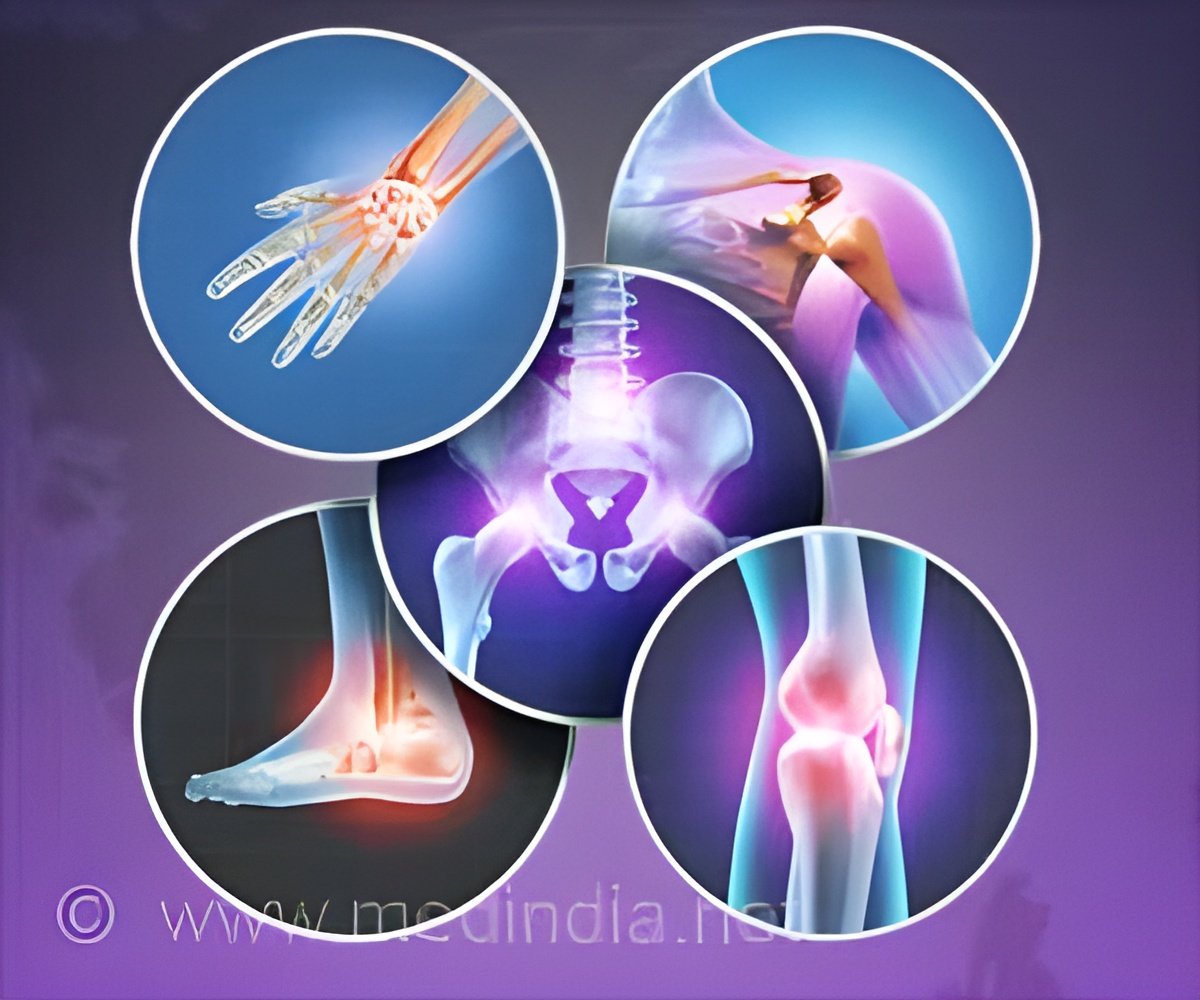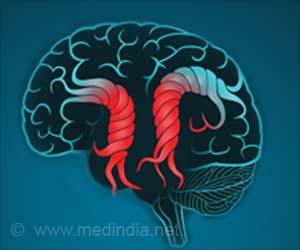People with rare autoimmune rheumatic diseases (RAIRDs) are at a greater risk of death at a younger age during the COVID-19 pandemic.

‘People with rare autoimmune rheumatic diseases (RAIRDs) are at a greater risk of death at a younger age during the COVID-19 pandemic. This draws attention to incorporate more vigilant care among these patients to further improve the quality of their health measures.’





Among 170,000 people in England with RAIRDs, 1,815 (1.1%) people died during March and April 2020 (the first two months of the Covid-19 pandemic), as per their electronic health records. The reason for the mortality rate was further explored by the team. Autoimmune diseases during COVID-19:
It was observed that thedeath risk during Covid-19 for people with autoimmune diseases increased from age 35 and women were having an equal risk as for men. For people of working age with rare autoimmune rheumatic diseases, the risk of dying during Covid-19 was similar to that of someone 20 years older in the general population.
Other factors such as health and quality of life measures among these patient groups, for the increased mortality, are being explored further by the team.
"This is a large study which shows for the first time that a subgroup of patients in our care is at an increased risk of dying during the pandemic and at a much younger age. We don't yet know the reasons why, but this study brings into sharp focus the need to be more vigilant with these patients and it should help inform future shielding advice", said Dr. Sanjeev Patel, President of the British Society for Rheumatology.
Advertisement















